
Inspiring impact: how PAP/RAC is driving a better future for our shared coast
Managing the Mediterranean coastal space is an enormous challenge: it’s one of the best-loved, most strategically important, but also one of the most ecologically threatened zones in the world.
With a third of our region’s population living around its shores – some 150 million people, with over 400 million international tourists travelling to the region every summer (source: WTO) – the Mediterranean supports countless livelihoods through key sectors like tourism, shipping, fisheries, aquaculture and agriculture.
But the Mediterranean coast faces a range of environmental challenges that increasingly threaten its future. Rapid urbanization and mass tourism are straining fragile ecosystems, while pollution, unsustainable resource exploitation and habitat loss threaten marine biodiversity. Climate change is intensifying these pressures, disrupting natural systems and increasing risks for coastal communities.
These interconnected issues demand coordinated, long-term solutions to ensure the health and resilience of coastal ecosystems and the millions of people who depend on them – and that’s where PAP/RAC comes in.
The Priority Actions Programme/Regional Activity Centre (PAP/RAC) is based in Split, Croatia. It was established in 1977 as part of the United Nations Environment Programme’s Mediterranean Action Plan, in order to respond to specific priorities jointly identified by Mediterranean countries in managing their coastal zones. PAP/RAC works through a network of formally appointed National Focal Points, ensuring close coordination and alignment with country-specific priorities and regional commitments. Its work and these priorities have evolved ever since, but the ultimate goal of the institution remains the same: the creation of a healthier Mediterranean through sustainable development.
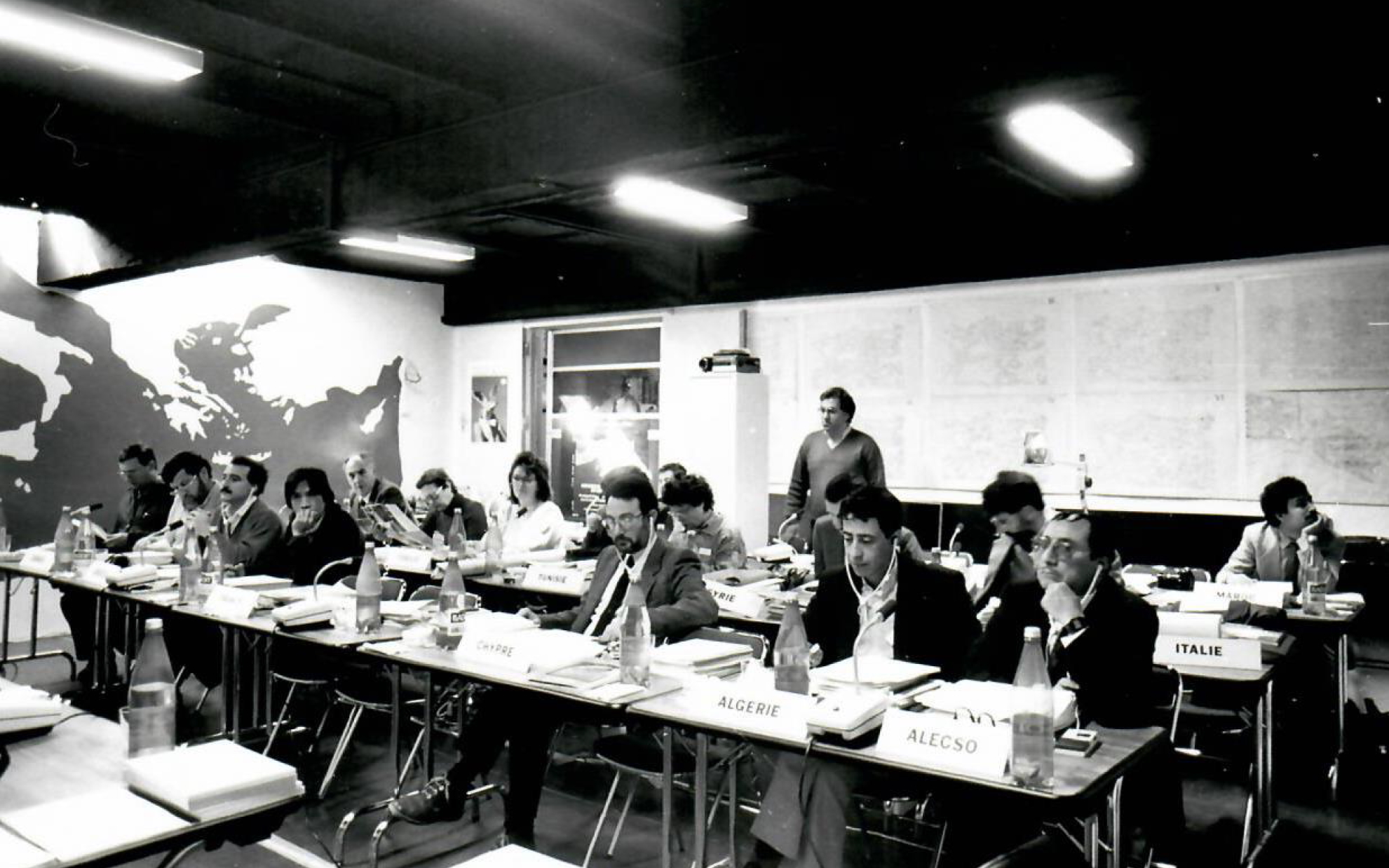
PAP/RAC National Focal Points meeting, 1980s
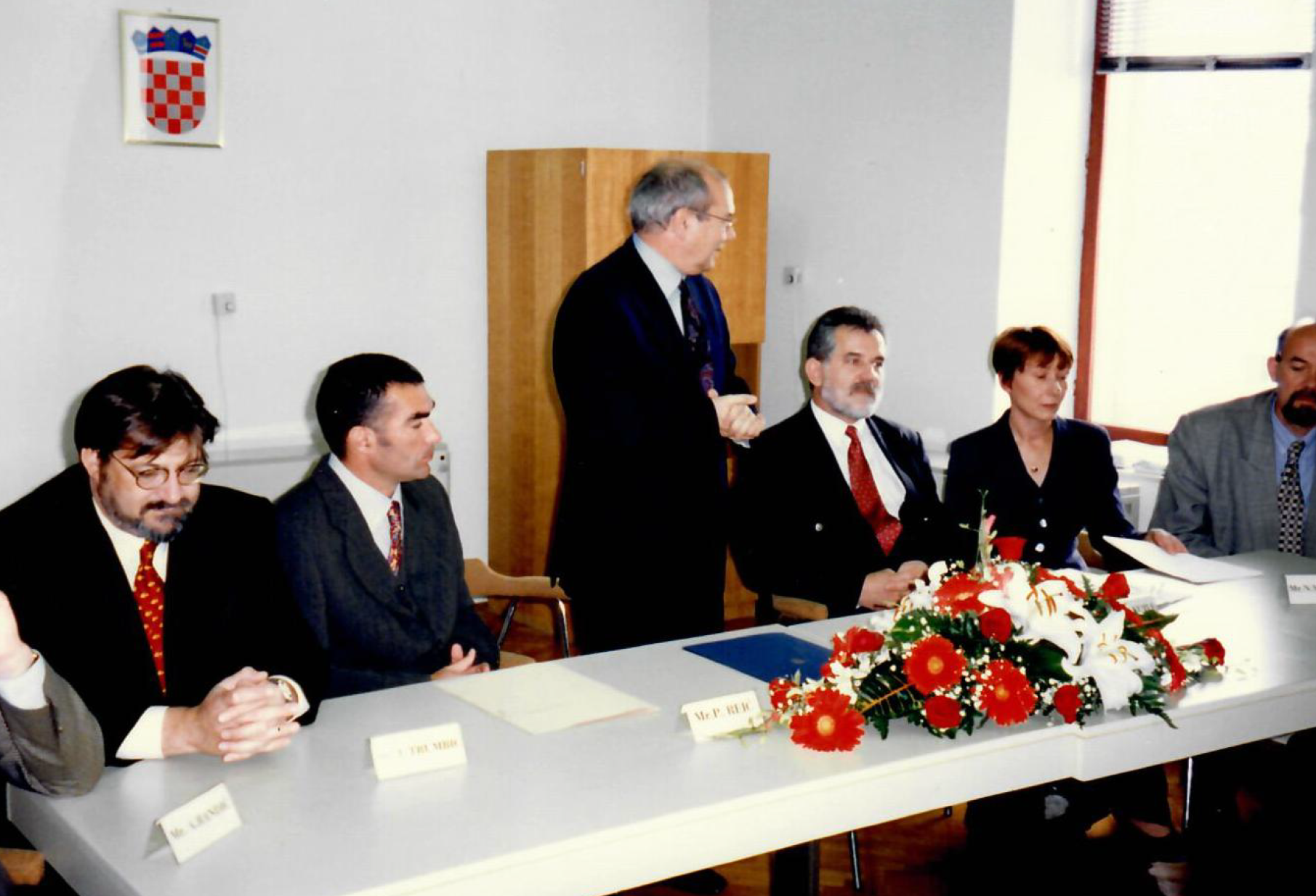
Official signing of the Host Country Agreement between UNEP/MAP and the Republic of Croatia in Split, 1996
PAP/RAC: putting policy into practice
As a regional hub for expertise and coordination, PAP/RAC supports the implementation of the ICZM Protocol by providing countries with concrete governance tools – including coastal strategies, plans, programmes, and a range of guiding documents – to translate policy into practice. It mobilizes expert networks and engages a wide range of stakeholders to implement on-the-ground projects and develop coastal strategies, plans, and programmes across the Mediterranean.
It also contributes to monitoring and assessing the status and trends of the Mediterranean coastal and marine environment – with particular attention to hydrographic alterations, coastal ecosystems, and landscapes – helping countries adopt an ecosystem-based approach and implement measures to achieve and maintain Good Environmental Status (GES) of coastal zones.
Above all, PAP/RAC plays a vital role in strengthening regional capacities through training sessions, workshops, consultations, and conferences. It fosters communities of practice that promote peer learning, knowledge exchange, and collaborative solutions to shared coastal challenges.
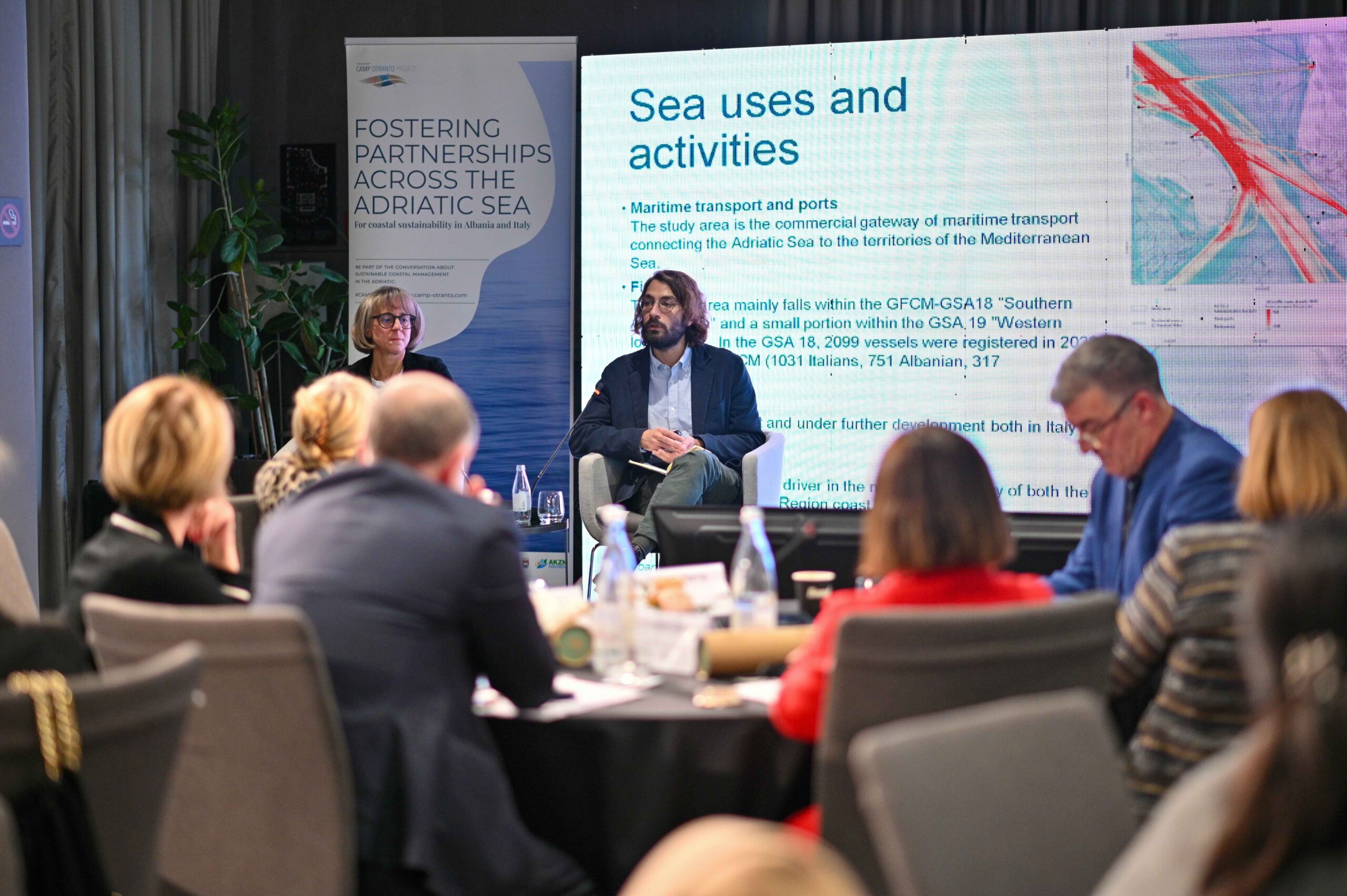
Final Conference of CAMP Otranto – “Transboundary Horizons” held in Tirana, Albania, in 2023, marking the first transboundary CAMP project since the Programme’s launch in 1989
Today, on the back of nearly 50 years of experience, PAP/RAC has become a leading institution in the fields of integrated coastal zone management (ICZM) and marine spatial planning (MSP) – two concepts that hardly existed in this part of the world when it launched the first ever Coastal Area Management Programme (CAMP) in Kaštela Bay, Croatia, in 1989. Since then, PAP/RAC has successfully coordinated a total of 21 CAMP projects around the Mediterranean. Bringing together stakeholders from all levels of government, civil society, academia, financial institutions and the public, these are key tools in its mission to revolutionize regional coastal planning and bring ICZM and MSP into the mainstream.
Together, ICZM and MSP offer a lifeline towards a resilient future for our shared Mediterranean coast
ICZM is a comprehensive approach to planning and governance that recognizes the coast as a dynamic, interconnected space. It breaks down silos, linking land and sea, science and policy, institutions and communities into one big whole. ICZM actively incorporates climate change considerations, integrating both adaptation and mitigation efforts in balance with ecological, social and economic priorities for the coastal zones.
Marine spatial planning (MSP) is a strategic process that determines where and when human activities occur in marine areas to support balanced economic development and environmental protection. In the Mediterranean, it is essential for managing competing uses of limited marine space, safeguarding ecosystem health, and strengthening cooperation among countries sharing one sea.
MSP complements ICZM by applying an ecosystem approach to ensure the sustainable and equitable use of marine space, supporting coordinated planning across all uses and throughout the entire marine environment.
PAP/RAC’s first generation of CAMPs were instrumental in its work preparing the ICZM Protocol to the Barcelona Convention. As PAP/RAC’s director Daria Povh Škugor explains, this was “the first regional legal instrument in this part of the world dedicated to sustainable coastal management. From proposal to first draft it took seven years of meetings, consultations, expert focus groups and more. There was a huge amount of groundwork to do in getting all the countries together to negotiate a text that everyone could agree on.”
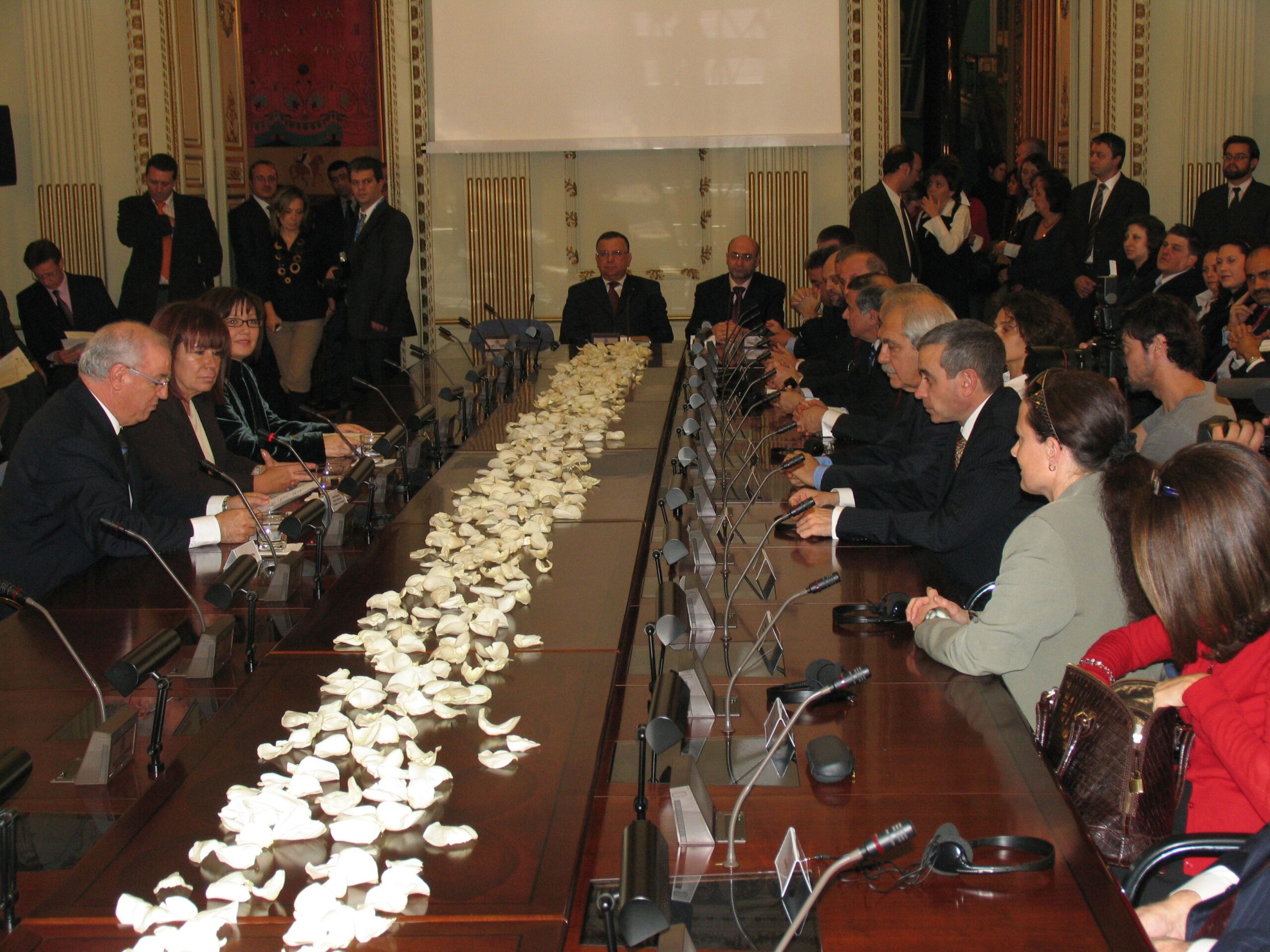
Historic signing of the Protocol on Integrated Coastal Zone Management, Madrid, 2008
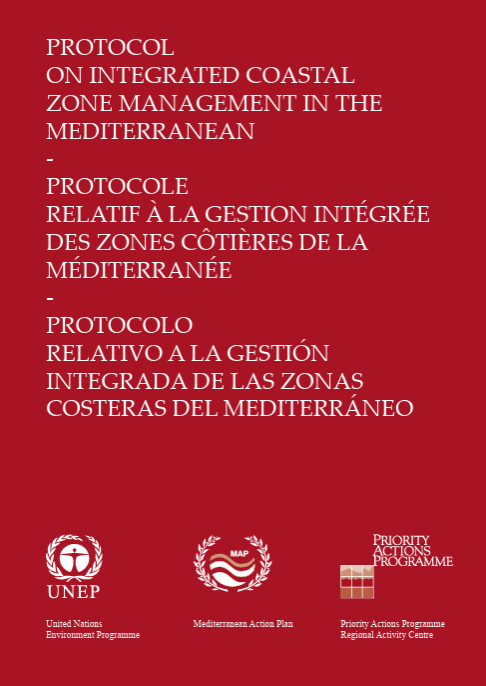
“Integrated coastal zone management” means a dynamic process for the sustainable management and use of coastal zones, taking into account at the same time the fragility of coastal ecosystems and landscapes, the diversity of activities and uses, their interactions, the maritime orientation of certain activities and uses and their impact on both the marine and land parts.” (Article 2.)
The ICZM Protocol provides the legal framework for the integrated management of the Mediterranean coastal zone. It entered into force in 2011. Since then, PAP/RAC has worked with countries to design their own coastal strategies, plans and programmes aligned with the Protocol’s principles, not least through MedOpen, its flagship virtual training course on ICZM.
“We understand planning as a discipline, and its importance to long-term management – and we want to make it easier for governments and others to do it,” explains Daria. “We offer guidance, experience and support. We help local actors think long-term and make sustainability practical. The solutions must be adapted to each context, but the knowledge and tools we bring to the table can be shared.
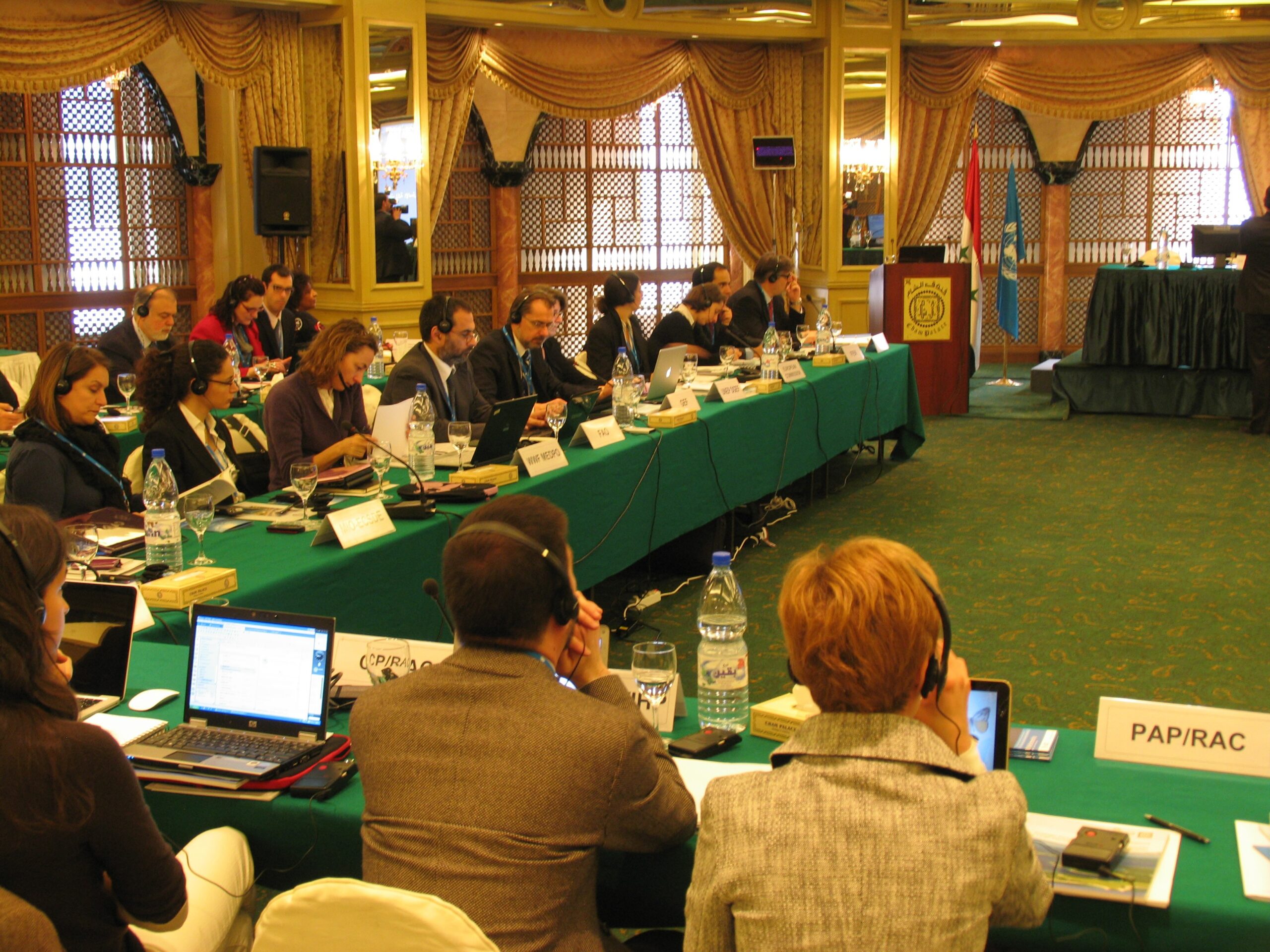
The ICZM Protocol entered into force following Syria’s ratification in 2011
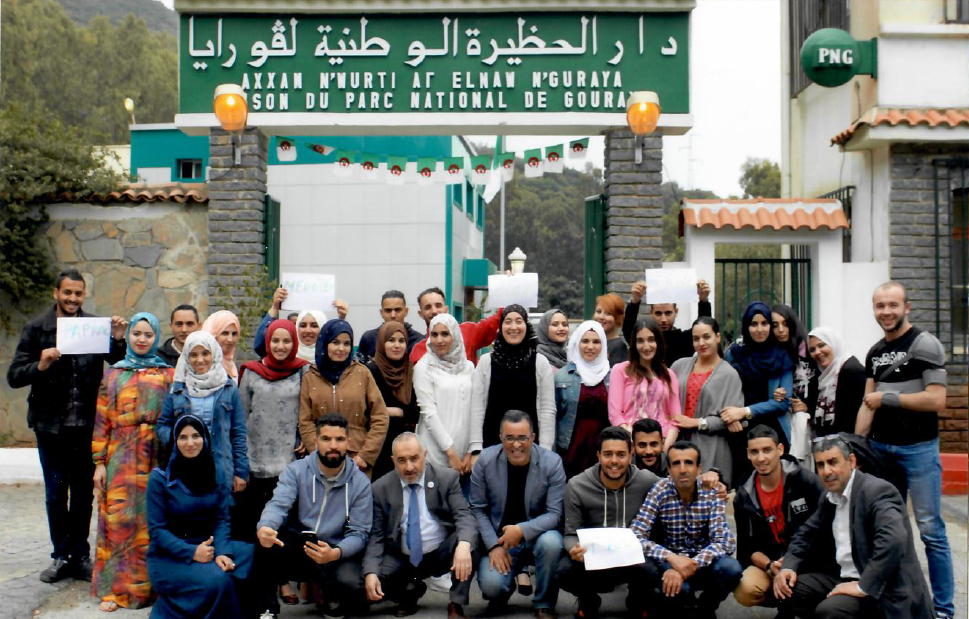
MedOpen training course participants in Algeria
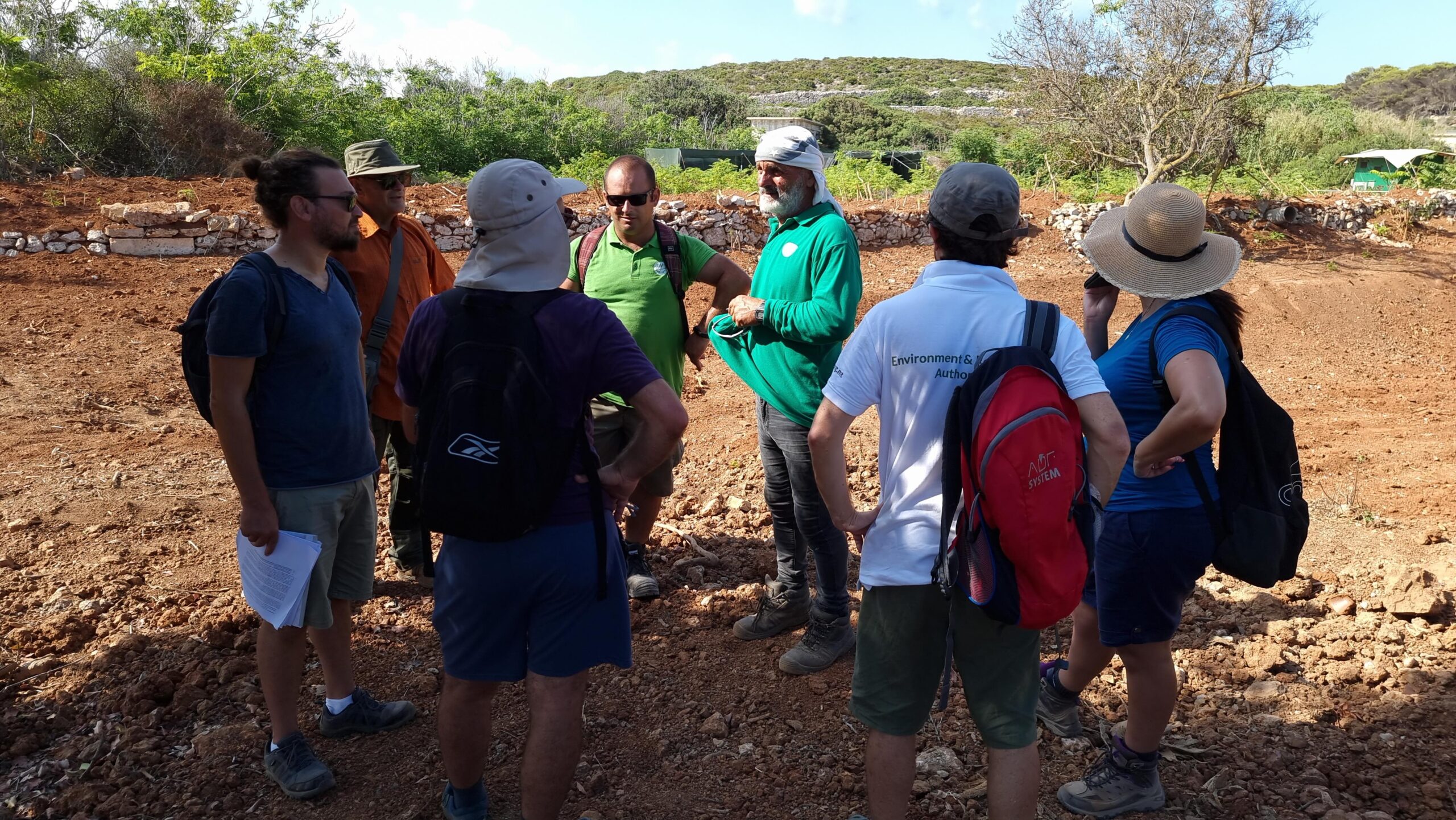
On-the-ground action by PAP/RAC: wetland restoration in Malta, 2022
“Collaboration is at the core of what we do,” Daria continues. “The challenges are shared, so the responses must be, too.” PAP/RAC’s recent launch of a groundbreaking online ‘MSP Workspace’ for regional planners is a case in point.
Finally, PAP/RAC raises awareness of coastal sustainability issues, leading campaigns like Mediterranean Coast Day to engage stakeholders and the wider public. The slogan for this year’s event on 25 September is ‘Inspiring impact’ – which is, in fact, an accurate description of what the team at PAP/RAC does every day.
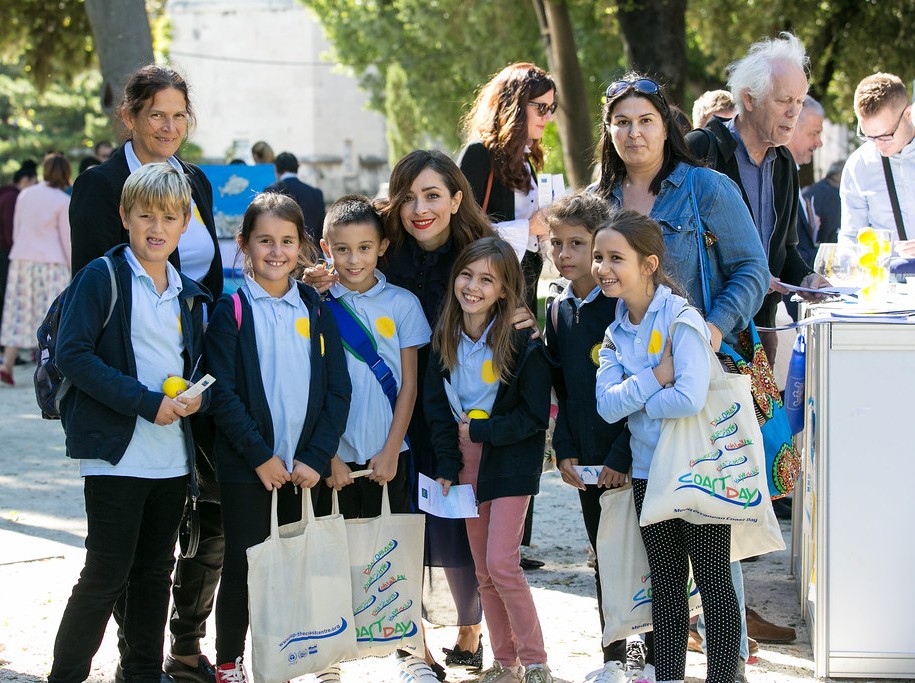
Zrinka Cvitešić, Croatian actress and Ambassador for the Coast, engaging with youth at Mediterranean Coast Day in Split, 2018
Learn more about PAP/RAC’s work on the development of the Coastal Management Plan for Boka Kotorska Bay under the GEF-funded MedProgramme
